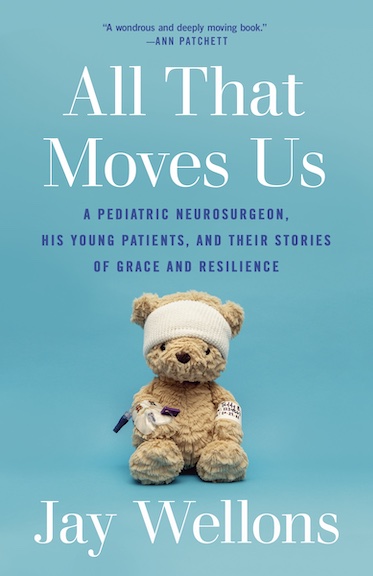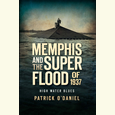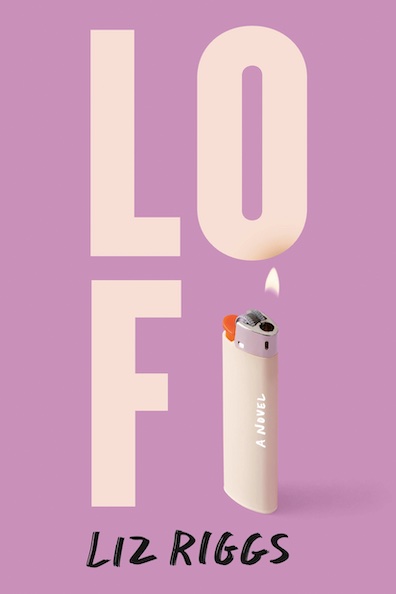Miscarriage of Justice
Damien Echols chronicles his eighteen years on death row, serving time for murders he did not commit
In 1993, the bodies of three missing eight-year-old boys were found in the woods outside West Memphis, Arkansas. They had been hogtied, savagely mutilated, stabbed, beaten, and drowned. A secondary crime scene, the bank of the creek where they were abandoned, was devoid of blood and any physical clues linking the crimes to a killer. Within a matter a weeks, three teenaged boys, including Damien Echols, were arrested and charged with their murders. Despite alibis and a dearth of evidence, the teenagers were found guilty at trial, though Echols was the only one sentenced to die by lethal injection. After eighteen brutal years on death row, Echols was finally freed in August 2011. Life After Death is his story of the time he spent behind bars. It is a searing, unnerving tale of abuse of power and corruption within the justice system, but it is also a story of principle, faith, compassion, unlikely friendships, and bone-deep, life-renewing love.
Police investigators believed the teens had formed a satanic cult and used the victims as part of a ritualistic slaughter. The prosecution based its case on the fact that the “West Memphis Three”—Echols, Jason Baldwin, and Jessie Misskelley Jr.—were widely perceived to be “weird” and were known to be fans of Metallica, and that Echols tended to wear black clothing and a long trench coat. The only thing connecting them to the murders was a coerced confession from Misskelley, who tested low enough on an IQ test to qualify as borderline cognitively impaired. After confessing, he almost immediately recanted. A high-school dropout who’d struggled with depression, Echols was depicted as the threesome’s ringleader, a devil-worshipping killer.
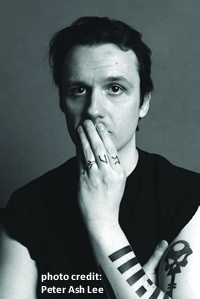 The West Memphis Three attracted widespread support because of an HBO documentary, Paradise Lost, that followed the trial from start to finish. The film, the first of several movies made about the case, convinced viewers across the country that the men were innocent. A grassroots movement grew in support of their release, raising legal funds to pay for new lawyers and seemingly endless appeals. They also attracted the interest of celebrities like Johnny Depp, Eddie Vedder, Natalie Maines, and director Peter Jackson, who brought more widespread attention to the case.
The West Memphis Three attracted widespread support because of an HBO documentary, Paradise Lost, that followed the trial from start to finish. The film, the first of several movies made about the case, convinced viewers across the country that the men were innocent. A grassroots movement grew in support of their release, raising legal funds to pay for new lawyers and seemingly endless appeals. They also attracted the interest of celebrities like Johnny Depp, Eddie Vedder, Natalie Maines, and director Peter Jackson, who brought more widespread attention to the case.
Thanks to their involvement, but particularly to the efforts of Echols’s wife, Lorri Davis, Echols maintained hope. Last year, in light of new DNA evidence, Echols, Baldwin, and Misskelley were released—but not exonerated—after agreeing to the terms of an Alford plea. This legal loophole required them to acknowledge their guilt even as they maintained their innocence. The case, officially, is closed.
Life After Death covers Echols life before the trial, including his transient, hand-to-mouth upbringing in Arkansas, Oklahoma, Tennessee, and Washington, and his years behind bars. Much of the book was written while Echols was in prison, confined to a nine-by-twelve foot cell in a super-max prison twenty-three hours a day, and it includes the journal entries that weren’t confiscated and destroyed by guards. “In the movies,” he writes, “it’s always the other prisoners you have to watch out for. In real life, it’s the guards and the administration.” He weaves details of prison life—sadistic beatings at the hands of guards, cooking with a 100-watt lightbulb, and the pet rats and snakes of fellow inmates—into an encompassing narrative about survival and mercy. His thoughts are influenced by Zen Buddhism, and he writes of fasting and practicing meditation for hours at a time:
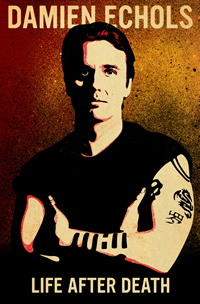 Any experience that provides a person with wisdom will also usually provide them with a scar. The greater the pain, the greater the realization…. In a way I’m thankful for all the physical pain and suffering I’ve had to endure in here because it has forced me to keep learning and moving forward. If I didn’t have pain, I’d probably take the day off. And that day could become a week. And that week could turn into months. But as it is I know I have two choices—practice every single day without fail, or hurt so bad that life is a misery. So I keep reminding myself that life is a gift from the Divine, and that I should be thankful for it.
Any experience that provides a person with wisdom will also usually provide them with a scar. The greater the pain, the greater the realization…. In a way I’m thankful for all the physical pain and suffering I’ve had to endure in here because it has forced me to keep learning and moving forward. If I didn’t have pain, I’d probably take the day off. And that day could become a week. And that week could turn into months. But as it is I know I have two choices—practice every single day without fail, or hurt so bad that life is a misery. So I keep reminding myself that life is a gift from the Divine, and that I should be thankful for it.
One of Echols’s saving graces is his wife, Lorri, who first contacted him after a screening of Paradise Lost. A landscape architect, she eventually relocated from New York City to rural Arkansas, devoting herself to fighting for his release. The two touched each other for the first time at their wedding ceremony, though Echols wasn’t freed until more than a decade later.
All the best memoirs read like fiction, and that’s true of this compelling, beautifully written story—not only because the events themselves are so far removed from most readers’ reality (who could have imagined this story?), but because Echols’s voice and mastery of language are so dynamic, engaging, and haunting.
Damien Echols will discuss Life After Death at Nashville’s Southern Festival of Books on October 14 at 1 p.m. in the War Memorial Auditorium. All festival events are free and open to the public.
